detail profile virginia bruce
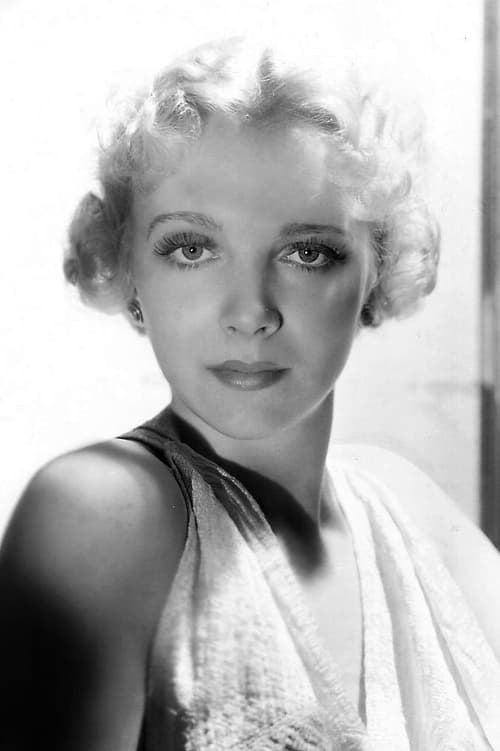
Virginia Bruce
Helen Virginia Briggs
atau dikenal sebagai
Riwayat Hidup
From Wikipedia, the free encyclopedia
Virginia Bruce (September 29, 1910 – February 24, 1982) was an American actress and singer.
Born Helen Virginia Briggs in Minneapolis, Minnesota.
In 1928, she moved with her family to Los Angeles intending to enroll in the University of California, Los Angeles when a friendly wager sent her seeking film work.
She got it as an extra in Why Bring That Up?.
In 1930 she appeared on Broadway in the musical Smiles, followed by America's Sweetheart in 1931.
She returned to Hollywood in 1932, where on August 10, 1932, she married John Gilbert, her co-star in the film Downstairs.
She retired briefly after the birth of their daughter Susan Ann Gilbert.
The couple divorced in 1934, and Virginia returned to a hectic schedule of film appearances.
Gilbert died two years later in 1936.
Bruce introduced the Cole Porter standard "I've Got You Under My Skin" in the film Born to Dance and co-starred in the Metro-Goldwyn-Mayer musical The Great Ziegfeld.
One of her final film appearances was in Strangers When We Meet.
In 1949, Bruce starred in a daily 30-minute radio drama.
Make Believe Town was an afternoon program on CBS.
Bruce married her second husband, film director J.
Walter Ruben, in 1937, making the Wallace Beery western The Bad Man of Brimstone with him that year.
Together they had a son named Christopher (b.
1941), before Ruben's death in 1942.
In 1946, Bruce married Ali Ipar.
They divorced in 1951 in order for him to receive a commission in the Turkish Military (which forbade promotions of men married to foreigners), but remarried in 1952 before divorcing again in 1964.
Bruce died of cancer on February 24, 1982, at the Motion Picture & Television Country House and Hospital in Woodland Hills, California.
She was 71.
Info Pribadi
Peran Yang Di Mainkan Virginia Bruce
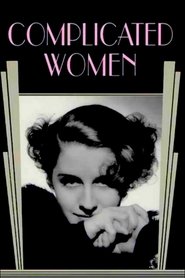 Looks at the stereotypebreaking films of...
Looks at the stereotypebreaking films of...Complicated Women 2003
Looks at the stereotype-breaking films of the period from 1929, when movies entered the sound era, until 1934 when the Hays Code virtually neutered film content. No longer portrayed as virgins or vamps, the liberated female of the pre-code films had dimensions. Good girls had lovers and babies and held down jobs, while the bad girls were cast in a sympathetic light. And they did it all without apology.
 Various MGM stars from yesterday present...
Various MGM stars from yesterday present...That's Entertainment! 1974
Various MGM stars from yesterday present their favorite musical moments from the studio's 50 year history.
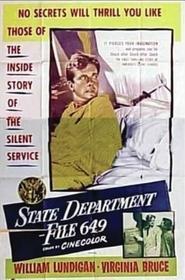 Kenneth Seeley member of the U...
Kenneth Seeley member of the U...State Department: File 649 1949
Kenneth Seeley, member of the U. S. State Department's Foreign Service Bureau, and Marge Weldon, a morale worker with the bureau, are assigned to an area in Mongolia dominated by an outlaw warlord. The latter captures the village where they reside and when escape is clearly impossible, Seeley blows up the outlaw's headquarters, losing his own life in doing so.
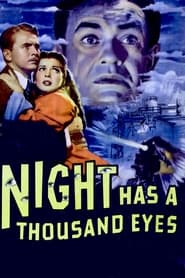 When heiress Jean Courtland attempts suicide...
When heiress Jean Courtland attempts suicide...Night Has a Thousand Eyes 1948
When heiress Jean Courtland attempts suicide, her fiancée Elliott Carson probes her relationship with John Triton. In flashback, we see how stage mentalist Triton starts having terrifying flashes of true precognition. Now years later, he desperately tries to prevent tragedies in the Courtland family.
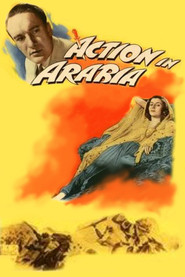 Reporter Michael Gordon uncovers intrigue in...
Reporter Michael Gordon uncovers intrigue in...Action in Arabia 1944
Reporter Michael Gordon uncovers intrigue in Damascus, where the Allies and Nazis struggle for control of Arab sympathies.
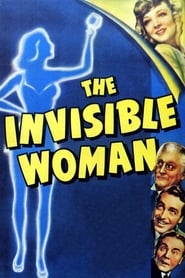 Kitty Carroll an attractive store model...
Kitty Carroll an attractive store model...The Invisible Woman 1940
Kitty Carroll, an attractive store model, volunteers to become a test subject for a machine that will make her invisible so that she can use her invisibility to exact revenge on her ex-boss.
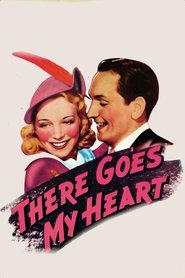 An heiress takes a job as...
An heiress takes a job as...There Goes My Heart 1938
An heiress takes a job as a department store clerk.
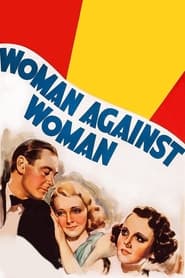 A newlywed unhappily discovers that her...
A newlywed unhappily discovers that her...Woman Against Woman 1938
A newlywed unhappily discovers that her husband's scheming ex-wife still has a controlling influence in his life and home.
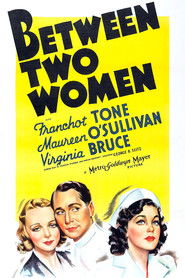 Allen Meighan an intern assures himself...
Allen Meighan an intern assures himself...Between Two Women 1937
Allen Meighan, an intern, assures himself residency at 'General Hospital', when he saves the life of a man trapped in an explosion. Allen is in love with student nurse, Claire Donahue, and she with him, but, she is married to Tom a physically abusive husband.
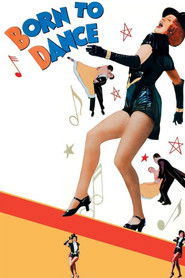 On leave a sailor falls in...
On leave a sailor falls in...Born to Dance 1936
On leave, a sailor falls in love with a young lady aspiring to become a Broadway dancer, but their relationship is jeopardized by an established Broadway star, who is also enamored by him.
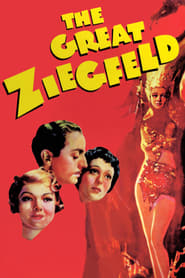 At the 1893 Chicago Worlds Fair sideshow...
At the 1893 Chicago Worlds Fair sideshow...The Great Ziegfeld 1936
At the 1893 Chicago World's Fair, sideshow barker Florenz Ziegfeld turns the tables on his more-successful neighbor Billings, and also steals his girlfriend. This pattern repeats throughout their lives, as Ziegfeld makes and loses many fortunes putting on ever-bigger, more spectacular shows
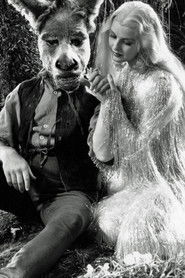 A promotional short to hype the...
A promotional short to hype the...A Dream Comes True 1935
A promotional short to hype the production of A Midsummer Night's Dream (1935).
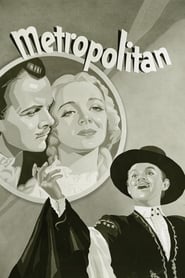 Opera prima donna leaves the Metropolitan...
Opera prima donna leaves the Metropolitan...Metropolitan 1935
Opera prima donna leaves the Metropolitan to form her own company with Tibbett as leading man. She leaves this company too which means Tibbett and company must carry on without her.
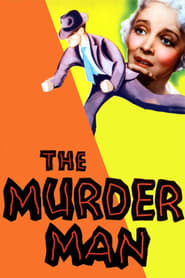 Steve Grey reporter for the Daily...
Steve Grey reporter for the Daily...The Murder Man 1935
Steve Grey, reporter for the Daily Star, has a habit of scooping all the other papers in town. When Henry Mander is investigated for the murder of his shady business partner, Grey is one step ahead of the police to the extent that he often dictates his story in advance of its actual occurrence. He leads the police through an 'open and shut' case resulting in Mander being tried, convicted and sentenced to death. Columnist Mary Shannon is in love with Steve but she sees him struggle greatly with his last story before Mander's execution. When she starts typing out the story from his recorded dictation, she realizes why.
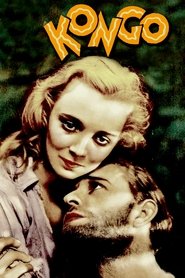 The ruthless Flint a disabled man...
The ruthless Flint a disabled man...Kongo 1932
The ruthless Flint, a disabled man, rules an isolated region of Kongo like an omnipotent god, through superstition and sadism, living only for the day when he can get revenge on the man who ruined his life.
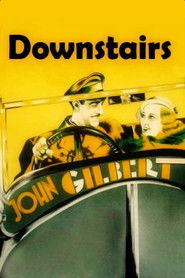 In the Austrian manor of Baron...
In the Austrian manor of Baron...Downstairs 1932
In the Austrian manor of Baron and Baroness von Burgen, the relationship between the upstairs aristocracy and the downstairs staff is quite positive. The servants seem to enjoy their time together, and some even fall in love, as head butler Albert and maid Anna have done. But when lecherous new chauffeur Karl Schneider enters the house, affairs and blackmail follow, and the harmony of the home is slowly destroyed.
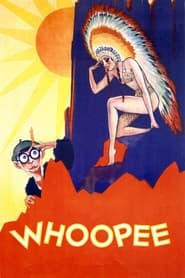 Western sheriff Bob Wells is preparing...
Western sheriff Bob Wells is preparing...Whoopee! 1930
Western sheriff Bob Wells is preparing to marry Sally Morgan; she loves part-Indian Wanenis, whose race is an obstacle. Sally flees the wedding with hypochondriac Henry Williams, who thinks he's just giving her a ride; but she left a note saying they've eloped! Chasing them are jilted Bob, Henry's nurse Mary (who's been trying to seduce him) and others.
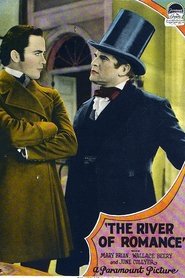 Mississippi 1830s Tom Rumsford comes back...
Mississippi 1830s Tom Rumsford comes back...The River of Romance 1929
Mississippi, 1830's. Tom Rumsford comes back to Magnolia Landing, his parents'estate. Having been brought up in the North by Quaker relatives, he just hates violence and accordingly refuses a duel. As this is the only way in the South to settle a dispute between gentlemen, Tom's father is so infuriated by his behavior that Tom has no other choice but leave. Away from Magnolia Landing, Tom learns bravery and returns seven years later as "the notorious Colonel Blake", the terror of the Lower Mississippi.
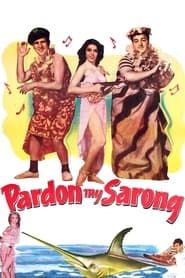 A pair of bus drivers accidentally...
A pair of bus drivers accidentally...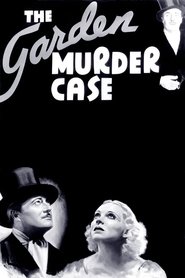 Two people with ties to rich...
Two people with ties to rich...